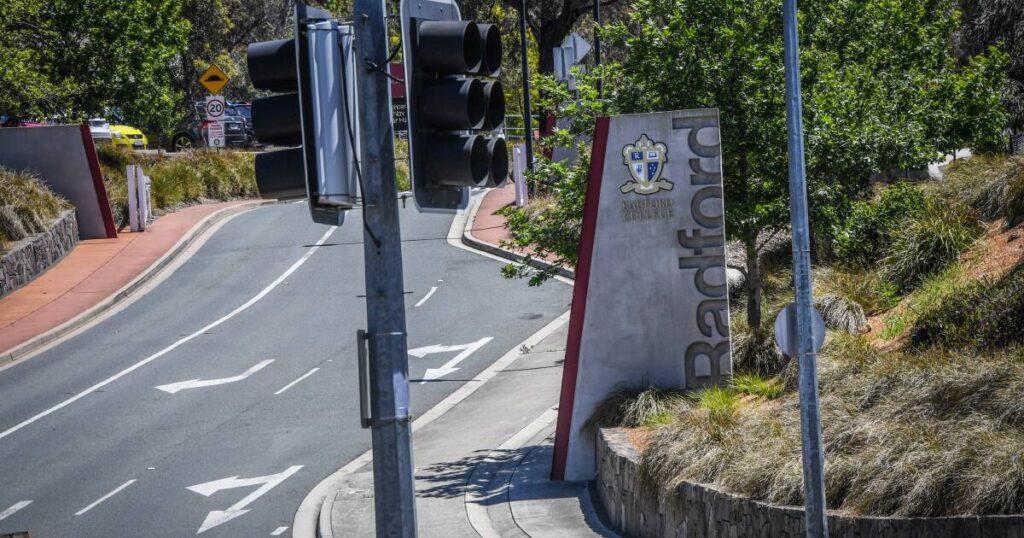
Just over 24 hours after Radford College announced a 20% increase in school fees, more than 800 parents took to WhatsApp to express their concerns and frustrations. The fee hike, which significantly impacts the cost of sending a child to Year 7, has ignited a heated debate among the school community.
As the conversation grew, parents quickly discovered the limitations of a standard WhatsApp group, which can accommodate up to 1024 participants. In response, the group transitioned to a community feature to include more voices in the discussion.
Parents React to Fee Increase
The proposed fee structure for 2026 would see an additional $4690 added to the cost of Year 7 tuition. Many parents are unwilling to accept this change without a fight. One parent voiced a common sentiment within the group, stating,
“The long-term problem now is lack of trust. If we let them get away with this massive fee hike now, they’re going to do it again and again, even if they tell us that they won’t.”
Another parent emphasized the need for accountability, arguing that
“You cannot create value in a product like education simply by raising the price.”
These comments reflect a broader concern about the transparency and decision-making processes at Radford College.
School’s Response to Growing Discontent
Radford College has acknowledged the backlash from parents. In a message sent on November 5, College Board Chair Vicki Williams addressed the issue directly, stating,
“We are writing to acknowledge the strong feedback we have received from our community in response to the increase in tuition fees for 2026. We hear your concerns and views expressed, including those shared on platforms such as WhatsApp, and we understand your disappointment.”
The school has pledged to maintain transparency and reassured parents of its financial stability. Further information regarding the fee changes and the school’s financial situation is expected to be shared with parents on November 7.
Implications and Future Steps
This development comes amidst broader discussions about the affordability of private education in Australia. The rising costs have prompted many families to question the value proposition of private schooling, especially when public schools are increasingly seen as viable alternatives.
According to education experts, the situation at Radford College is not unique. Across the country, private schools are grappling with financial pressures that are often passed on to parents in the form of higher fees. This trend has sparked debates about the sustainability of such models and the need for greater financial oversight and transparency.
Looking ahead, the Radford College community is keenly awaiting the school’s forthcoming disclosures. The Directorate is also expected to provide guidance to the public school community regarding parent engagement and expectations before the 2026 school year commences.
As parents continue to voice their concerns and demand accountability, the situation at Radford College serves as a microcosm of the challenges facing private education institutions nationwide. The coming weeks will be crucial in determining how the school and its community navigate these turbulent waters.





